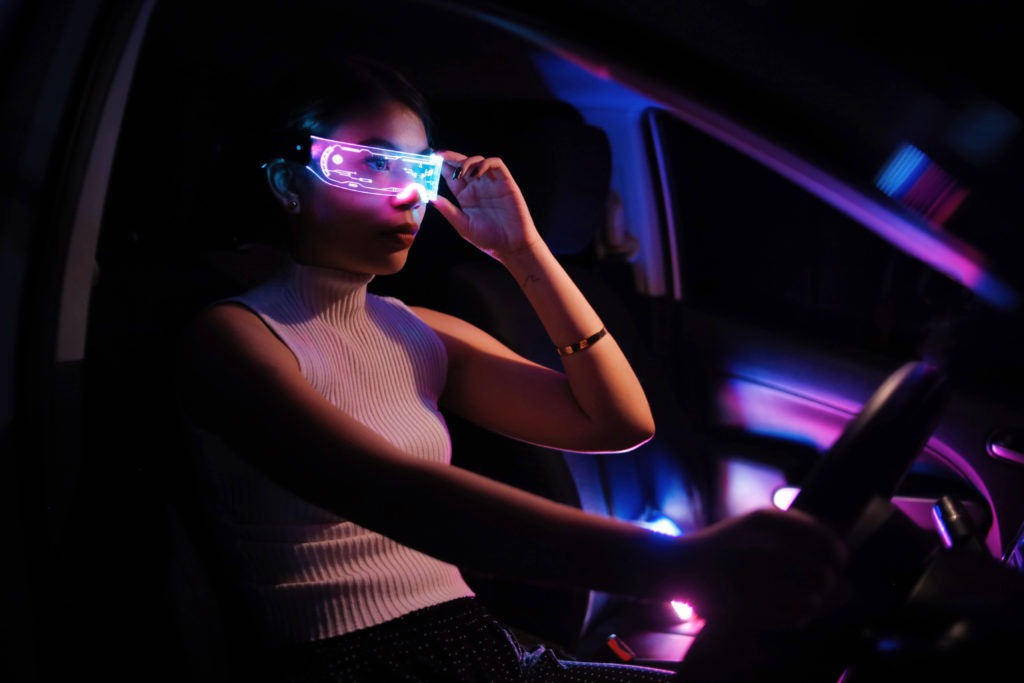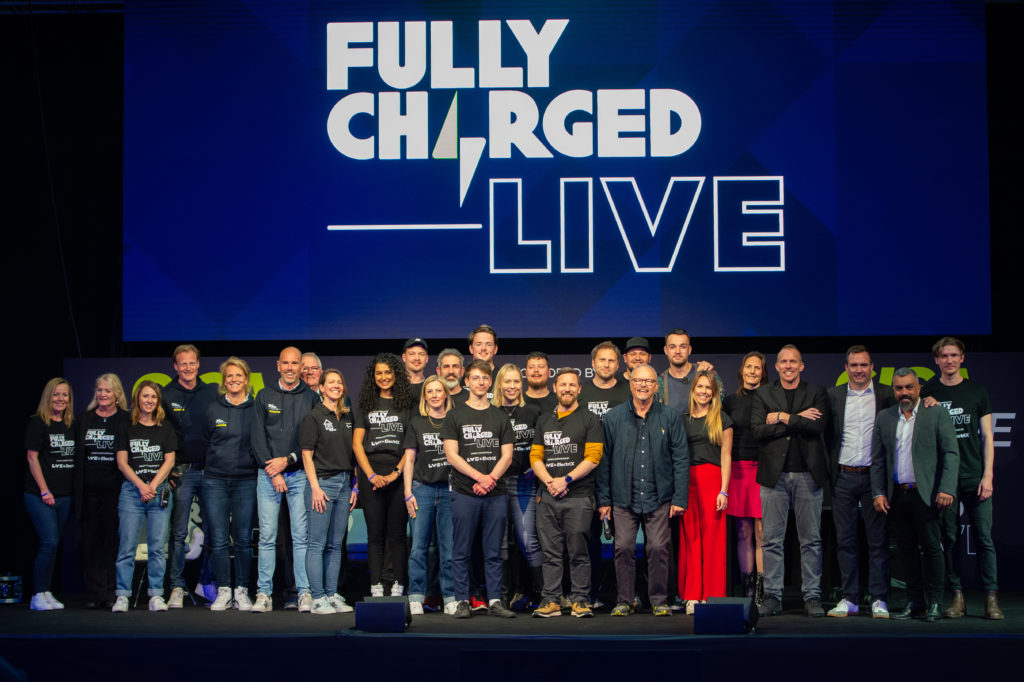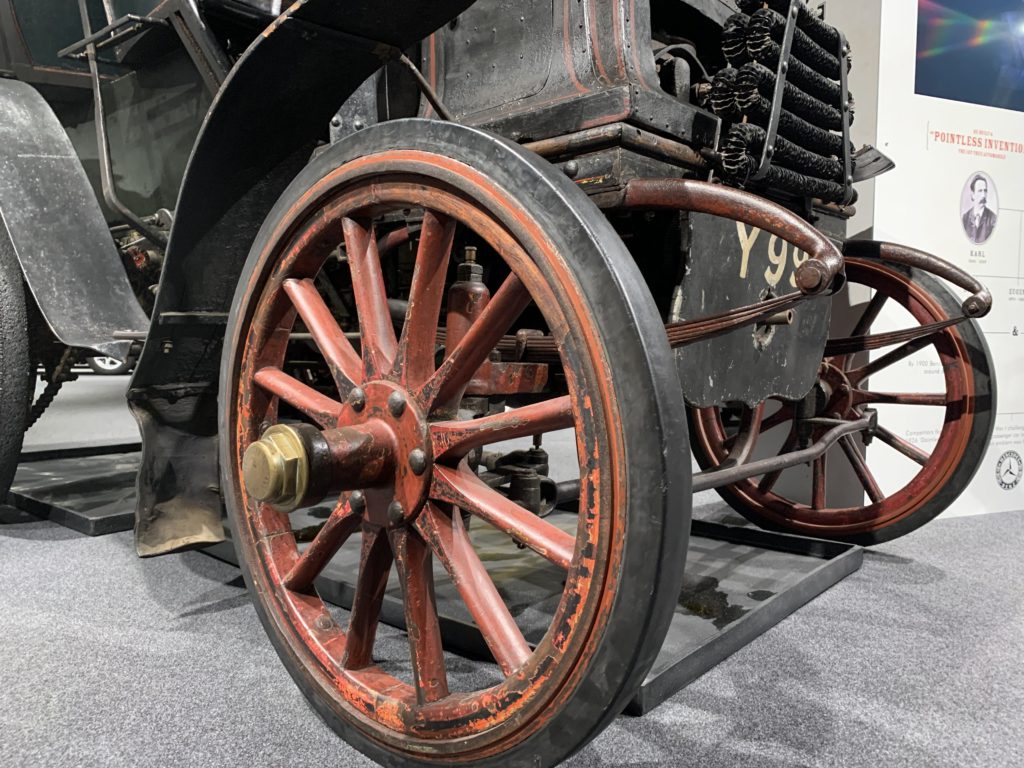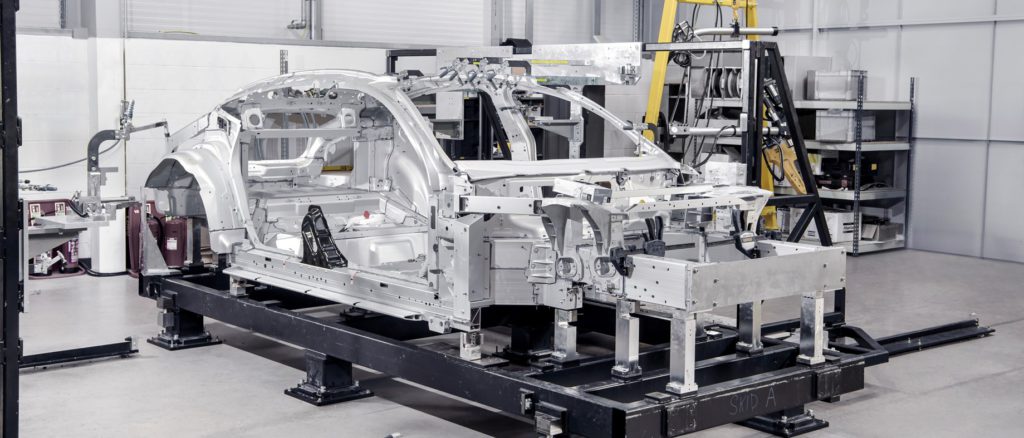Is the next automotive reality, virtual, augmented, and metaverse-bound?
01 June 2022

Autovista24 editor Phil Curry, deputy editor Tom Geggus, and journalist Rebeka Shaid explore alternative automotive realities. How can cars benefit from virtual reality (VR), augmented reality (AR), and the metaverse? Listen now to find out!
Subscribe to the Autovista24 podcast and listen to previous episodes on Apple, Spotify, Google Podcasts and Amazon Music.
Show notes
Abarth launches world’s first virtual-reality test drive delivered to homes
Virtual reality in automotive market size, share, and COVID-19 impact analysis
Porsche and holoride launch in-car virtual-reality attraction in a moving vehicle
Toyota’s new augmented-reality shopping experience: a shift in the car-buying journey?
Basemark debuts augmented-reality development tools for the automotive industry
VW shows off augmented-reality head-up display
CES 2021: Panasonic looks ahead with augmented-reality HUD
Head-up displays: gimmick or godsend?
Volkswagen to bring augmented reality to cars in collaboration with Microsoft
Automotive in the metaverse with Audi and McLaren
CES 2022: Hyundai reveals its ‘Metamobility’ concept
Show synopsis
Virtual reality has become one of the biggest technological trends in the automotive industry. While there is not a clear understanding of the market demand for integrating VR technology into cars, vehicle manufacturers have recognised the potential to monetise VR. In 2019, the global virtual-reality automotive market was valued at $760 million (€720 million) and is expected to reach more than $14 billion by 2027. The technology is poised to gain traction in the automotive world, not only in North America – which is projected to have the highest market share – but also in Europe.
Carmakers can use VR in the design process, to reduce costs, or train employees. But the technology can be more commercially revolutionary. Audi will be the first carmaker to roll out VR from startup holoride in series production this summer, offering motion-synchronised VR content to backseat passengers. Meanwhile, Porsche is piloting a location-based virtual-reality drive at the Porsche Experience Centre in Los Angeles. VR presence is also growing in showrooms. Electric-vehicle (EV) maker Lucid is offering a unique retail experience to shoppers, giving them the opportunity to personalise their cars with a headset.
Augmented reality is effectively the halfway point between virtual reality and the real world. Superimposing digital images over what the user can naturally see opens up a world of information and potential, which carmakers are taking advantage of. Toyota notably used VR in the US to showcase 10 of its cars, allowing customers to get a better understanding of each model’s features and how any particular vehicle might fit into their lives.
Beyond the world of retail, AR is a big party piece for car cockpits. Working as part of the central infotainment system, head-up display (HUD), or within holographic lenses, drivers can gain access to essential information. This might include speed, directions, and the driver-assistance system. But even more impressively, the technology can be dynamic, with images superimposed over the road ahead, enhancing what the driver sees.
The metaverse combines both augmented and virtual realities. It is accessible via many platforms and allows users to interact with each other in a digital world. While it may not seem like a natural platform for carmakers, it offers several benefits, including a fresh marketing opportunity in front of a new audience.
Supercar manufacturer McLaren has teamed up with InfiniteWorld to give customers a ‘deeper digital experience.’ This will include the creation of original non-fungible tokens (NFTs) to represent McLaren’s supercars and hypercars. The plan is to create and offer a range of digital content on the company’s marketplace. The carmaker also unveiled a specially-liveried version of its Formula One car, the MCL36, on the metaverse platform Roblox, allowing users to see and drive the car before the season got underway. The platform also offers virtual tours of McLaren’s Technology Centre in the UK.
One carmaker deeply immersed within the metaverse is Hyundai. The Korean company unveiled its ‘Metamobility’ concept at CES 2022, showcasing the future of transport as an access point to the metaverse from vehicles. This means users could access home, work, or gaming zones while on the move. There is also the possibility of utilising ‘digital twins’, allowing people to conduct real-world activities thousands of miles away through the digital world.



